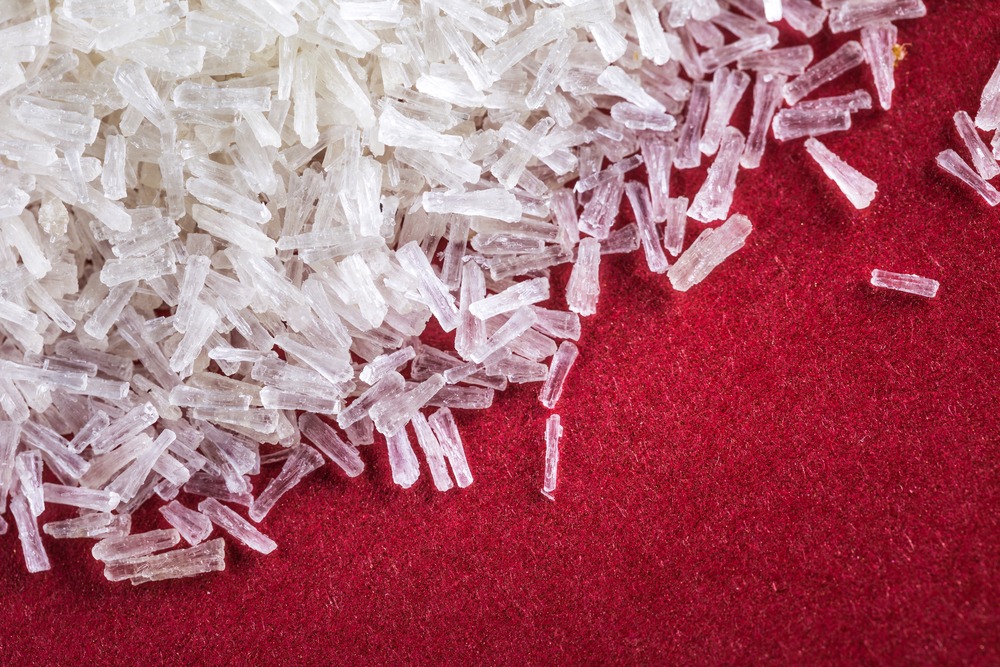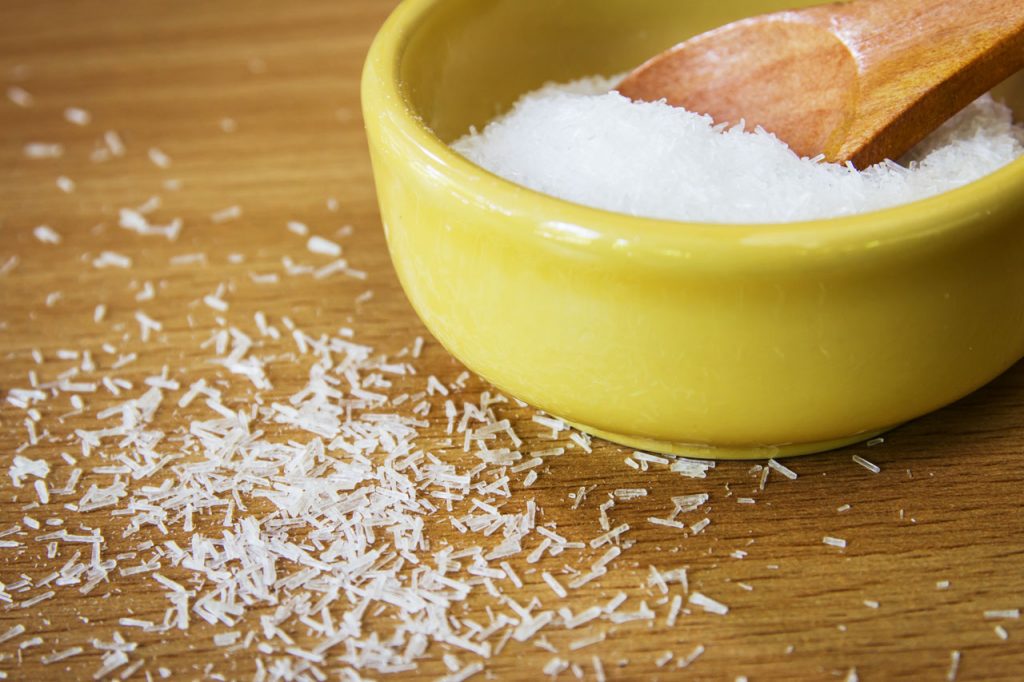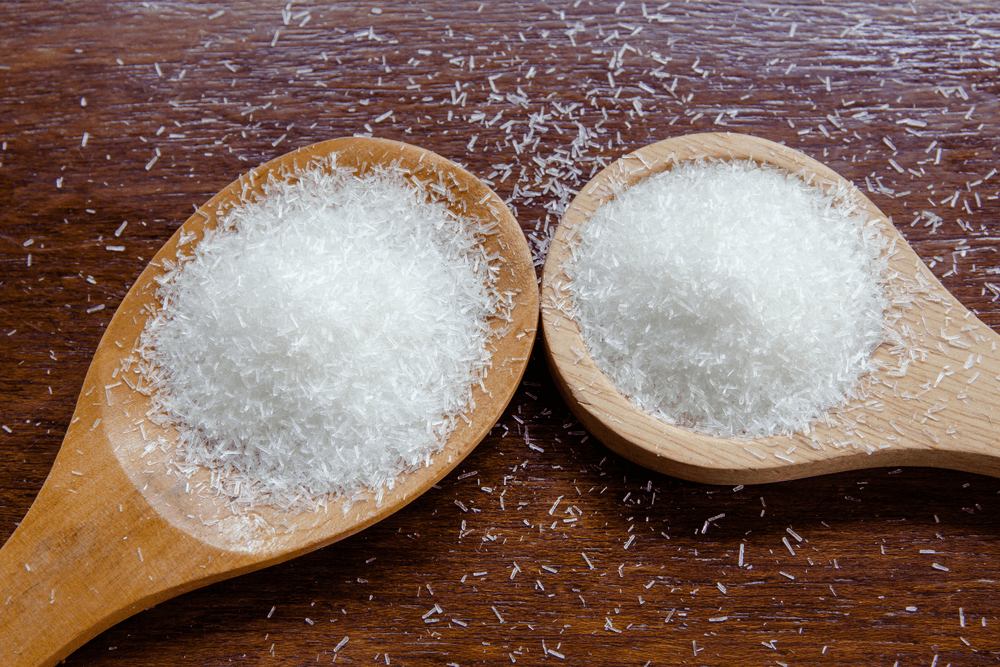Have you ever felt some sort of uneasiness, headache, nausea and a strange numbness after eating certain food? These side effects might be the result of a substance added in your meal, known as MSG.
You can ask anyone if MSG is dangerous, and you will get a countless responses. The ingredient supposedly to be blamed by people might be commonly used seasoning called monosodium glutamate or MSG.
Monosodium Glutamate is a flavor enhance that is used in processed foods like soup, chips, snacks, sauces, salad dressings, yet is considered bad for health. MSG has been used in processed food since the World War II and is still in use.
Chemically, MSG is made of high-quality corn, using advanced crystal technology, refined and crystallized through fermentation process. MSG is derived from the amino acid glutamate, or glutamic acid which is one of the rich amino acids in nature.
Glutamic acid is an amino acid that is produced by our bodies and is the most common executory neurotransmitter in the central nervous system. The human body naturally produces glutamic acid and there is no chemical difference between the glutamate found in MSG and natural foods. However, nowadays people consider it bad for health.
MSG, which was once thought to be only prevalent in Asian cooking, but can now be found a lot in Western countries as well. It is mainly found in food cooked at restaurants because it often makes you feel hungry and forces you to order more food.
Consumption of Monosodium Glutamate (MSG)

According to Food and Drug Administration (FDA), an average adult consumes about 13 grams of glutamate each day from the protein in food, where MSG contributes another 0.55 grams.
The Food and Drug Administration (FDA) has classified MSG as a safe food ingredient, but its uses is still in controversy. MSG has been used on the food for making it more additive since decades. Over the years, there has been many reports by people of having adverse reactions to food containing MSG.
In 1991, the estimated average daily consumption of MSG was 580mg per day in the US and UK. While in the Eastern countries like Japan, Korea and China, it was estimated up to 1.7g per day.
Today, the threshold dose that causes symptoms seems to be around 3 grams per meal. 3 grams is also a very high does, about six times the average daily intake in US.
However, research have found out that the amount of MSG consumed have reached as high as 10g per day due to fast food lifestyle nowadays which is extremely bad for health.
Why is it bad for your health?

There has always been concern regarding Monosodium Glutamate (MSG) from being associated with obesity to being a factor contributing to bad health life.
Some people claim that MSG leads to excessive glutamate in the brain and excessive stimulation of nerve cells. Increase in glutamate activity in brain causes brain harm, and large doses of MSG can raise blood levels of glutamate. Due to this reason MSG has been labeled as bad ingredient for health.
Fear of monosodium glutamate started way back in 1969. A study found out that injecting large doses of MSG into new born mice caused harmful neurological effects. Some people may face adverse effects from consuming MSG, which is called as Chinese restaurant syndrome or MSG symptom complex.
This condition is described as symptoms that some people experience after having Chinese food, which has been linked to MSG. These symptoms included muscle tightness, numbness, flushing, nausea and headaches.
However, it is yet to be known what percentage of population is sensitive to MSG. Research has confirmed that the amino acid glutamate causes negative reactions in certain people. It happens when these food are not bounded to a full protein like meat and eggs.
Other common food such as cheese, ripe tomatoes which are naturally high in glutamate may also cause similar symptoms.
If you are experiencing muscle tightness, or headache following consumption of these foods, MSG may be bad for your health. However, it does not require a sever treatment or anything. You just need to avoid food containing high MSG or have a habit of eating more home cooked food.
Common Substitutes for MSG
In summary, you may not completely be able to avoid food that contains MSG. But you definitely have certain alternatives that can improve your health without compromising on your food.
Popular alternatives that can be used as substitutes for monosodium glutamate includes soy sauce, turmeric and salts such as sea salt and kosher salt.
However, these alternatives don’t have the same effect as MSG, but can be used as an enhancer of food. These alternatives can improve the overall flavor of the food to some degree without affecting your health.
So, if you want an improved health rather than tasty food, you need to compromise a little on your lifestyle. These alternatives can be far more beneficial for you, rather than going to the doctor for treatment first and foremost.









